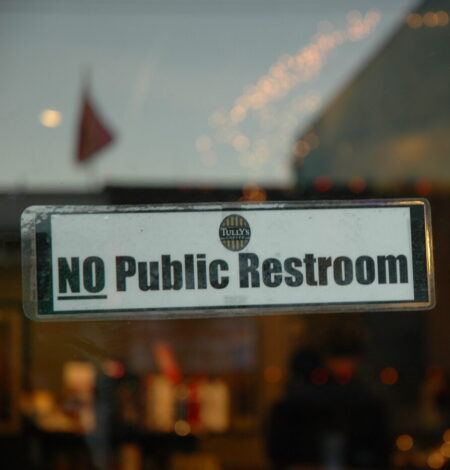An alliance between religious and economic conservatives is playing a central yet overlooked role in the resurgence of concentrated economic power in America, resulting in the transfer of public funds, services, and decision-making away from more democratic institutions. Nowhere is this more evident than in the rise of “government-religious hospitals”: these hospitals are state owned, yet religion permeates their halls, and faith dictates the care they offer. To mitigate the risk that these arrangements pose, we must make innovative use of LPE’s tools, including antitrust, public utility regulation, and public options.






